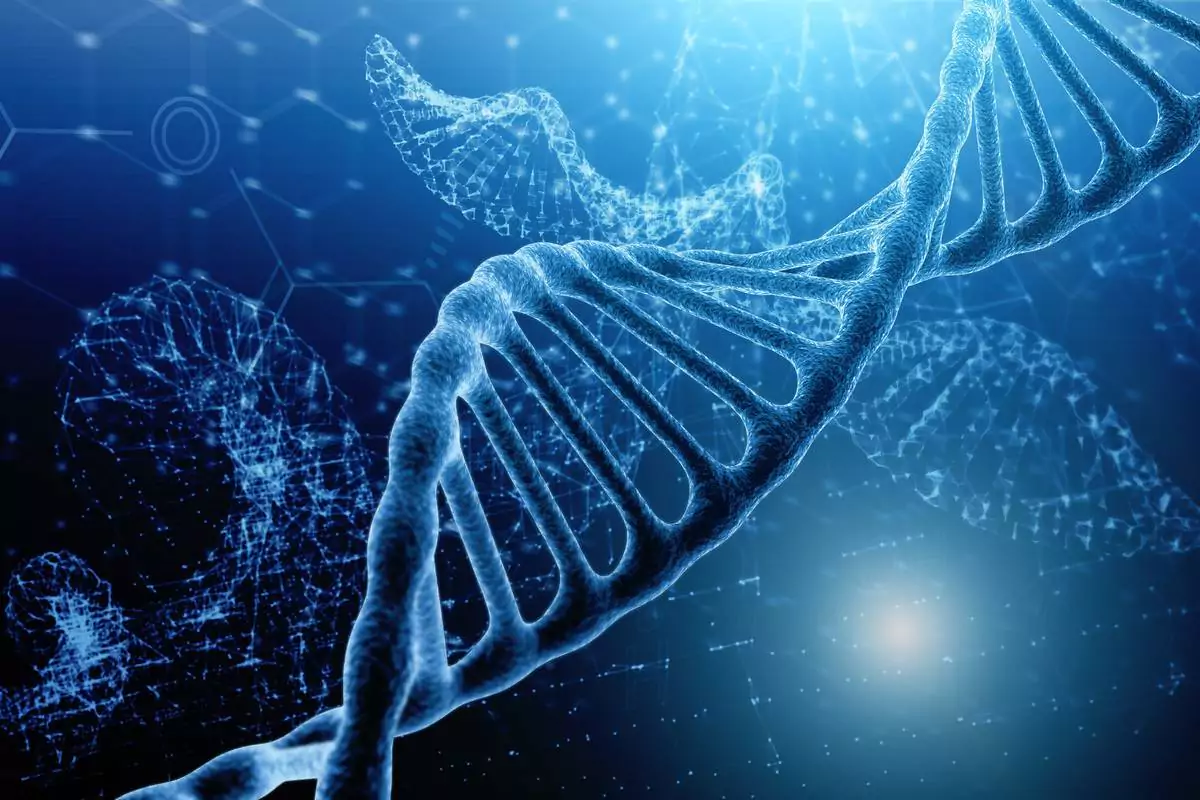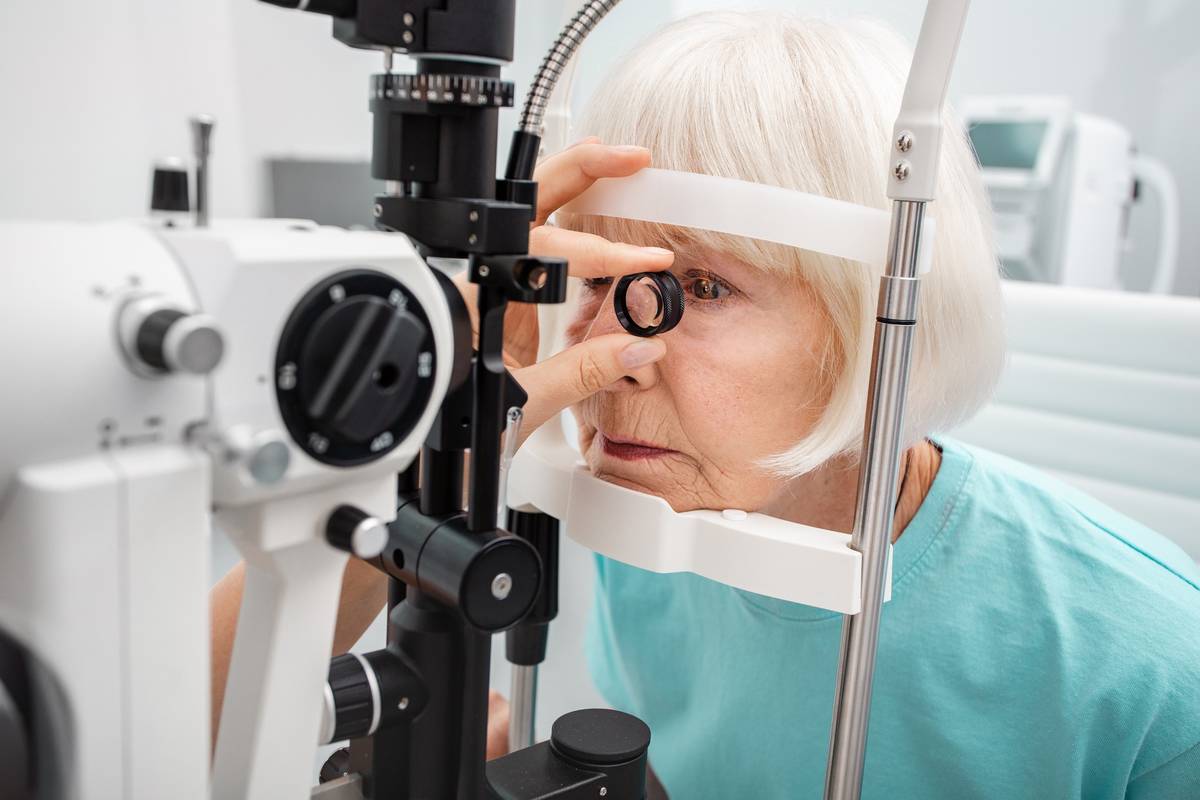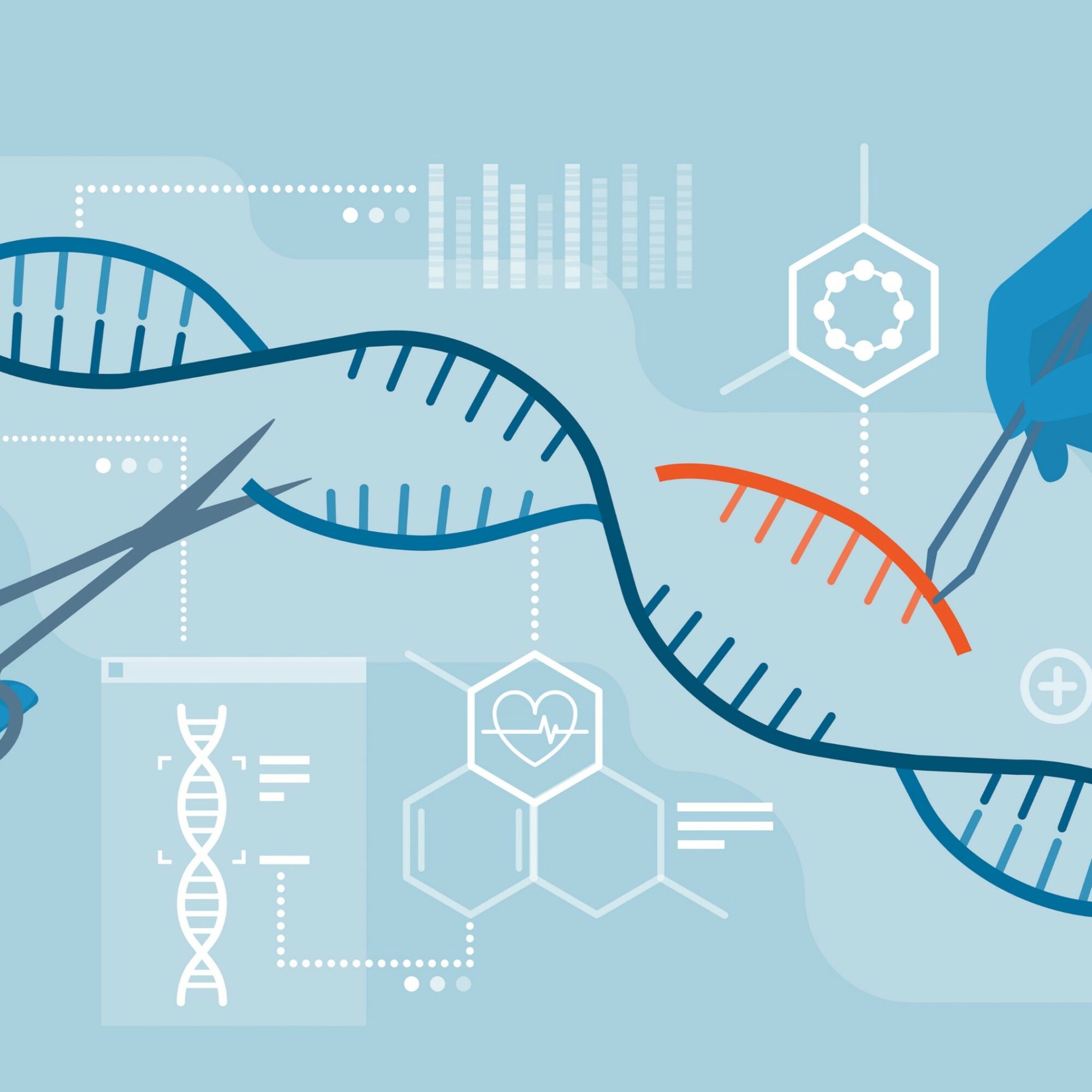Innovation n°1: biohacking
What is biohacking?
Biohacking, or “participatory biology”, involves modifying one’s own biology using advanced biological technologies such as DNA manipulation, synthetic biology and genetic engineering, with the aim of modifying or improving living organisms, including plants, animals and human beings.
The example of American Josiah Zayner in 2017 remains a landmark and emblematic moment in the history of biohacking. During a conference, Zayner injected his forearm with a solution containing the Cas 9 protein and an RNA targeting the myostatin gene, a protein that inhibits muscle growth, in order to suppress this protein and consequently increase his muscle mass.
Biohacking at VivaTech 2023
At the biohacking conference at VivaTech, this year’s speakers explored the different facets of this field, which has the potential to revolutionize the way we interact with our environment, track our health in real time, as well as adopt preventive measures.
Among this year’s speakers, neuroscientist and CEO of startup Neurable, Dr. Ramses Alcaide, presented his technology, which is a perfect example of a biohacking application. Indeed, this leading neurotechnology company aims to create advanced brain-computer interfaces (BCIs) to enable individuals to interact directly with technology using their thoughts, but also to harvest data on users’ biological functioning.
The company is developing next-generation EEG (electroencephalography) headsets, capable of detecting and interpreting the brain’s electrical signals in real time. This revolutionary technology opens up exciting prospects for a future in which the human becomes the computer. Ramses Alcaide’s three-pronged promise is complex but exciting: to enable everyone to perform digital tasks with their own consciousness, such as writing a message or moving objects in a game; to optimize technologies with AIs like Alexa or Siri that would understand their own mistakes; and “affective computing”, which would enable the user to modify their environment by thought, for example, by activating the headset’s noise reduction when the user is concentrating.
By pushing back the limits of man-machine interaction, Alcaide claims to be opening the way to new possibilities for improving our daily lives and our understanding of the human brain.
What are the regulatory issues surrounding biohacking?
This type of technological development raises essential ethical and regulatory issues. Zayner’s unregulated act in 2017 already raised concerns about the safety and efficacy of such practices, and this example highlights the need to protect the health and safety of individuals engaged in biohacking experiments.
Advances in biohacking raise many issues and questions. How can we avoid potential abuses and prevent harmful consequences for health? How can we ensure that modifications made to our biology respect fundamental ethical principles such as autonomy, informed consent and non-maleficence?
It’s important to stress that there is currently no clear regulatory framework for biohacking practices. In a constantly evolving sector, where innovations are multiplying rapidly, it is vital to put in place adequate regulations to guarantee the safety and accountability of biohacking practices. This involves raising awareness of the importance of protecting human dignity despite technological interests and economic competition. In this context, it is crucial to foster public-private collaboration to promote and implement safe and inclusive practices in the field of human enhancement.
Innovation n°2: Gene editing
What is gene editing?
Gene editing is a revolutionary technique that makes it possible to modify the genetic material of a living organism in a precise and targeted way, which is being investigated in particular to focus on the root causes of certain diseases and develop more effective treatments. This innovative approach relies on the use of molecular tools such as CRISPR-Cas9, which act like “molecular scissors” capable of cutting and modifying DNA.
Gene editing at VivaTech 2023
At VivaTech, experts discussed the enormous potential of gene editing in the medical and agricultural sectors. In the medical sector, it makes it possible to design personalized therapies by modifying defective genes, opening up new prospects for the treatment of serious genetic diseases such as sickle cell anemia. In the agricultural sector, gene editing accelerates the selection of desired characteristics in plants and animals, improving productivity and disease resistance.
What are the regulatory issues surrounding gene editing?
Addressing concerns about germ cell transmission to offspring
Gene editing presents significant issues, challenges and limits. One of the main dilemmas is the modification of germ cells, which are transmitted to offspring.
This possibility raises profound questions about the traits we wish to design for future generations, such as: What modifications would be acceptable? What are the ethical implications of germ cell modifications that are hereditable by offspring?
Ensuring the safety and efficacy of genetic interventions
Another key issue is the need to ensure the safety and efficacy of genetic interventions. An illustration of this heated debate lies in the manipulation of the DNA of two embryos in vitro in 2018 by Chinese researcher Jiankui He, who altered their genomes using the CRISPR-CAS9 technique to reduce the risk of the twins contracting HIV.
Although both babies were born without complications, a study published a year later showed that this DNA modification could shorten their lifespan, illustrating the complexity of genetics and the difficulty of predicting the effects of its manipulation.
Developing rigorous protocols and control mechanisms
It is essential to develop rigorous protocols and control mechanisms to avoid harmful consequences for the health of the individuals concerned and their descendants. Gene editing also raises concerns about its use for non-therapeutic purposes, such as genetic modification for human enhancement. Distinguishing between legitimate interventions and those that go beyond ethical limits remains a crucial challenge to address.
Implementing a multidisciplinary approach
A multidisciplinary approach is needed, involving experts in science, ethics, law and sociology. Involving the public and academics from the earliest stages of development is essential to ensure democratic and informed decision-making. Transparent, accessible and educational communication on the challenges of gene editing is also fundamental to foster greater understanding and social acceptance.
Building and promoting harmonized international agreements
In addition, international governance mechanisms need to be put in place to address cross-border issues and promote a harmonized approach to gene editing.
This may include international agreements, ethics committees and common regulations to avoid ethical discrepancies and uncontrolled gene-editing races. A number of summits and congresses are already bringing together key players (from industry, universities and research centers, etc.) to discuss these issues, such as the International Summit on Human Genome Editing, which held its third edition in March, and the World Bioethics Research Summit in November.
In short, gene editing raises complex ethical issues, requiring a global and inclusive dialogue. The challenges and limits of this technology must be addressed responsibly. By putting in place an appropriate regulatory framework, fostering public participation and encouraging transparency, gene editing could be responsibly governed, without hindering its potential benefits for human health and well-being.
The VivaTech trade show highlighted the extraordinary possibilities offered by biohacking and gene editing to improve our health and our understanding of our own biology. However, it is essential to consider ethical issues, guarantee fair access to these biotechnologies and engage in open dialogue with the public to ensure their responsible adoption.
It is essential to strike a balance between exploring the potential benefits of these technologies and protecting rights, human dignity and equal access. Appropriate regulations must be put in place to ensure safety, accountability and fairness. Governments, businesses, academics and the public must work together to establish sound ethical frameworks, encourage transparency and foster open, inclusive communication.
In addition, it is vital to involve the public from the earliest stages of these technologies’ development. Education and awareness-raising play a key role in promoting a thorough understanding of the challenges and opportunities presented by medical innovation. Alcimed is at your side to help you meet the challenges of new technologies. Don’t hesitate to contact our team!
About the author,
Zoé, Consultant in Alcimed’s Healthcare team in France



